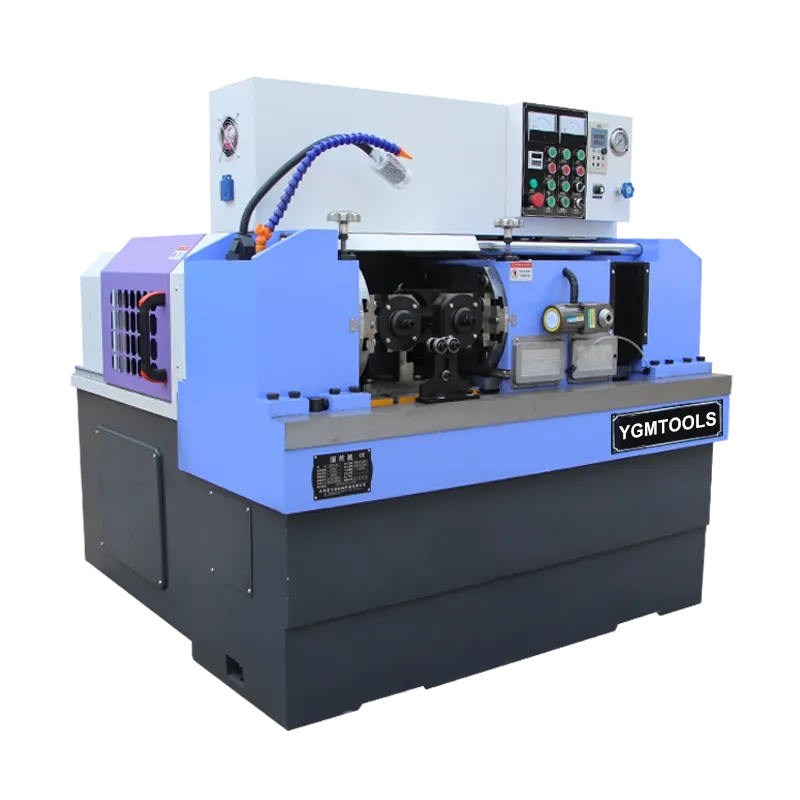
-
 Afrikaans
Afrikaans -
 Albanian
Albanian -
 Amharic
Amharic -
 Arabic
Arabic -
 Armenian
Armenian -
 Azerbaijani
Azerbaijani -
 Basque
Basque -
 Belarusian
Belarusian -
 Bengali
Bengali -
 Bosnian
Bosnian -
 Bulgarian
Bulgarian -
 Catalan
Catalan -
 Cebuano
Cebuano -
 Corsican
Corsican -
 Croatian
Croatian -
 Czech
Czech -
 Danish
Danish -
 Dutch
Dutch -
 English
English -
 Esperanto
Esperanto -
 Estonian
Estonian -
 Finnish
Finnish -
 French
French -
 Frisian
Frisian -
 Galician
Galician -
 Georgian
Georgian -
 German
German -
 Greek
Greek -
 Gujarati
Gujarati -
 Haitian Creole
Haitian Creole -
 hausa
hausa -
 hawaiian
hawaiian -
 Hebrew
Hebrew -
 Hindi
Hindi -
 Miao
Miao -
 Hungarian
Hungarian -
 Icelandic
Icelandic -
 igbo
igbo -
 Indonesian
Indonesian -
 irish
irish -
 Italian
Italian -
 Japanese
Japanese -
 Javanese
Javanese -
 Kannada
Kannada -
 kazakh
kazakh -
 Khmer
Khmer -
 Rwandese
Rwandese -
 Korean
Korean -
 Kurdish
Kurdish -
 Kyrgyz
Kyrgyz -
 Lao
Lao -
 Latin
Latin -
 Latvian
Latvian -
 Lithuanian
Lithuanian -
 Luxembourgish
Luxembourgish -
 Macedonian
Macedonian -
 Malgashi
Malgashi -
 Malay
Malay -
 Malayalam
Malayalam -
 Maltese
Maltese -
 Maori
Maori -
 Marathi
Marathi -
 Mongolian
Mongolian -
 Myanmar
Myanmar -
 Nepali
Nepali -
 Norwegian
Norwegian -
 Norwegian
Norwegian -
 Occitan
Occitan -
 Pashto
Pashto -
 Persian
Persian -
 Polish
Polish -
 Portuguese
Portuguese -
 Punjabi
Punjabi -
 Romanian
Romanian -
 Russian
Russian -
 Samoan
Samoan -
 Scottish Gaelic
Scottish Gaelic -
 Serbian
Serbian -
 Sesotho
Sesotho -
 Shona
Shona -
 Sindhi
Sindhi -
 Sinhala
Sinhala -
 Slovak
Slovak -
 Slovenian
Slovenian -
 Somali
Somali -
 Spanish
Spanish -
 Sundanese
Sundanese -
 Swahili
Swahili -
 Swedish
Swedish -
 Tagalog
Tagalog -
 Tajik
Tajik -
 Tamil
Tamil -
 Tatar
Tatar -
 Telugu
Telugu -
 Thai
Thai -
 Turkish
Turkish -
 Turkmen
Turkmen -
 Ukrainian
Ukrainian -
 Urdu
Urdu -
 Uighur
Uighur -
 Uzbek
Uzbek -
 Vietnamese
Vietnamese -
 Welsh
Welsh -
 Bantu
Bantu -
 Yiddish
Yiddish -
 Yoruba
Yoruba -
 Zulu
Zulu
roll thread machine products
Understanding Roll Thread Machine Products
Roll thread machines are essential tools in the manufacturing industry, primarily utilized for creating high-strength threads on various metal components. These machines employ a cold-forming process, known as thread rolling, which enhances the integrity and durability of the threads compared to traditional cutting methods. This article explores the significance, applications, and advantages of roll thread machine products in modern manufacturing.
At its core, the roll thread machine works by rotating a workpiece between two or more die rollers, which shape the material into threads without removing any material. This process is typically faster than traditional machining methods, resulting in substantial increases in productivity. Industries that benefit from roll thread machines include automotive, aerospace, construction, and general manufacturing, where precise and robust threads are critical for safety and performance.
One of the primary advantages of roll thread machine products is the improved strength of the threads. The cold-working action of the rolling process increases the density of the material, producing threads that can withstand higher levels of stress and fatigue. This property makes rolled threads ideal for applications in high-stress environments, such as in engine components and structural fasteners.
roll thread machine products

Another significant benefit is the reduced material waste. Since rolling does not cut away material, it conserves resources and minimizes the environmental impact. Additionally, the improved surface finish of rolled threads requires less post-processing, thereby further enhancing efficiency and reducing production costs. The thread rolling process also lends itself well to high-volume production runs, making it an economically viable option for manufacturers.
Roll thread machines are versatile and can accommodate various thread sizes and profiles, making them suitable for a wide range of applications. Whether it is coarse or fine threads, metric or imperial sizes, these machines can handle specific requirements with precision. Moreover, advancements in technology have led to the development of CNC roll thread machines, allowing for greater automation and enhanced control over the threading process.
In summary, roll thread machine products play a crucial role in modern manufacturing, providing robust and precise threads that meet the demanding requirements of various industries. Their ability to produce high-strength threads with minimal waste and at a faster rate contributes significantly to operational efficiency. As technology continues to evolve, the applications and benefits of roll thread machines are likely to expand, further solidifying their importance in the manufacturing landscape. Thus, investing in roll thread machine technology is a strategic move for companies seeking to enhance their production capabilities and maintain a competitive edge in the market.
